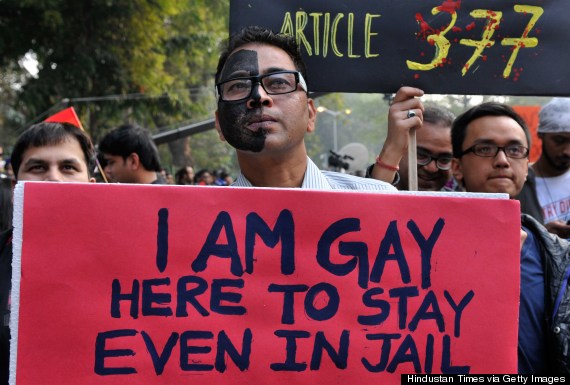So pleased to learn that the SupremeCourt has ruled against criminalising sexual acts in private. This decision vindicates my stand on Section 377& on exactly the same grounds of privacy, dignity &constitutional freedoms. It shames those BJP MPs who vociferously opposed me in LS.
— Shashi Tharoor (@ShashiTharoor) September 6, 2018
A summary of the legal situation in Sri Lanka is copied below from Wikipedia:Congratulations... #India ?? for "coming out" of a Victorian hangover. #lka
— Mangala Samaraweera (@MangalaLK) September 6, 2018
| Same-sex sexual activity legal | |
| Anti-discrimination laws in employment | |
| Anti-discrimination laws in the provision of goods and services | |
| Anti-discrimination laws in all other areas (incl. indirect discrimination, hate speech) | |
| Stepchild adoption by same-sex couples | |
| Joint adoption by same-sex couples | |
| LGBT people allowed to serve openly in the military | |
| Right to change legal gender | |
| Recognition of third gender | |
| Access to IVF for lesbians | |
| Commercial surrogacy for gay male couples | |
| MSMs allowed to donate blood |

